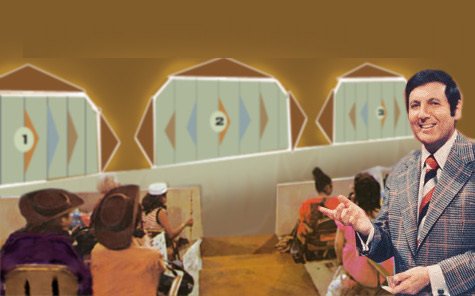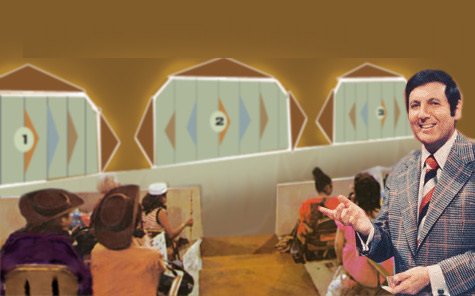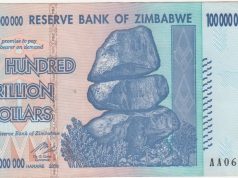Foursquare’s Lost Opportunities
Today Foursquare announced a new round of debt-based financing amounting to $41M in loans and convertible notes. It has been controversial, because debt-based financing suggests the company has a significant performance problem (Jason Gelman has a good wrap-up of the spirited discussion). Foursquare’s problem has become increasingly clear to Gamification folks over the past two years – it’s just not fun anymore. In the transition from a (great) game to a (good) loyalty program to a (mediocre) recommendations engine, they lost the plot, alienated customers and wasted a ton of resources and time.
When Dennis and Naveen launched Foursquare, it took the world by storm and appeared to come out of nowhere. In fact, they had been the founders of an early prototype SoLoMo concept — Dodgeball — that had been previously acquired by Google and shut down. When the lock up ended, they brought Dodgeball back, this time on the iPhone and with gamification. The result — 5 years in the making — was to launch a new kind of game and a new kind of game company. In 2010, Foursquare was among the most talked about businesses in the US and a Top Ten entertainment product on the explosive and coveted iTunes and Android stores.
To be sure, others had ventured into the “game layer in the real world” space as well. Brad Hargreaves (now at GA) had the awesome PickTeams, and Justin Hall (now at DeNA) had PMOG, both of which laid the foundation for some of Foursquare’s passive-fun approaches. The idea was to make the thing you’re doing already (going places) more fun, rewarding, random and serendipitous by adding gamified rewards to it.
From this advantageous early point, they had three options (cue Monty Hall): Lean in on games, become a loyalty program or focus on social recommendations — the latter being their preferred option.

LOYALTY
The early business vision for Foursquare was that the game system’s influence would allow them to act as a meta loyalty program. Companies would pay to reach and engage their top influencers, and consumers would respond to the fun by changing their behavior. While this seemed a promising early business model that thousands of businesses adopted (and competitors like SCVNGR emulated), for some reason Foursquare never added the necessary loyalty mechanics or sales team to support this effort.
If they had been serious about gamified loyalty, I’d posit they would have been one of the biggest loyalty platforms today. What did they miss? An earn and burn mechanism would have been necessary to convince and engage large swaths of the small-business audience, because people want stuff for free. They could also have leveraged their unique design to bring Access and Power benefits to small businesses like special event marketing at scale. To do this, the company would have needed a large, Groupon like sales team to sell to small business as well.
The opportunity for this still exists, as evidenced by the strong pull for massively scaled loyalty. If Foursquare was serious about loyalty, and learning the lessons from gamified systems that have come since, they could still pivot — partner with folks like Paypal and Square — and bring SAPS-centric loyalty to every small business in America.
GAMES
The signs of the team’s waning interest in gamification showed up early. Dennis in particular would play down the importance of gamification at Foursquare, and by 2012 the company made clear that it wasn’t going to invest in iterating the game elements, instead letting them languish for over 12 months. Discussions with folks at the company suggest an internal power struggle between those who believed the game was the most important element and those who favored a utility play. Naveen’s departure in 2012 certainly could not have helped.
Focusing on the fun element in the product might have seemed somehow less grown up than the other options, but it’s was their key strategic advantage. As I argue in my new book, The Gamification Revolution, companies that embrace fun as the new currency for engagement will thrive and crush the competition. This is because people are distracted but hedonistic, and will favor fun and reward when given the choice. Foursquare’s initial design was highly effective at driving behavior through fun, but it needed to be iterated, and that momentum seized to deepen engagement.
There was no reason — other than pure strategic error — to discount the importance of Foursquare’s engagement design prowess. It was their biggest asset and most disruptive ability, and not simply a means to an end as management would often suggest. Had they continued on that path Foursquare would have had the largest gamification platform in the world today and one of the biggest game playing audiences in America.
Of course, Foursquare chose a recommendations engine, and its current troubles shouldn’t be discounted. Many folks have tried to compete with Yelp in recent years and failed — including Google — so it would be easy to say they were outmaneuvered.
But in reality, I think Foursquare’s current situation is entirely of its own making. Like many startups with great initial success, some of its stakeholders pushed for something bigger and unproven instead of leaning in to grow the seed that had been planted and thriving. As they trampled the game to foster recommendations, they failed to notice the energy leaving the room. As another Yelp competitor, I’m sure the company will do fine and its ability to sell to Facebook or Google is virtually assured. But as the standard bearer for gamification (whether loyalty or entertainment facing), they would have been at the top of their game.
No one wants to see Foursquare succeed more than myself and the New York community, but this next phase will take a lot of effort, time and probably some hit points. If anyone can do it, Dennis can – and hopefully he will.









Totally agree. I have been a user for 2 years, and then they had a bug for several weeks where I couldn’t check in at all. Now all the game mechanics are gone, and I can’t see much of my friends on 4SQ anymore. The app may look slicker, but superboring and corporate.
They went too far in the other direction with removing things. I agree that bringing the recomendation engine to the forefront was a good idea, but they still need the game and the social elements that brought and need to enhance it for long term users who no longer care if they are the mayor of the local starbucks!!
I wonder if this will become a growing pain for any company that uses gamification within their core product / service. I know it might be a little early to tell but this mistake could be easily repeatable.
Deleted my account today. You are bang on – it steadily played more and more to its weaknesses, and that means either Google or Facebook crushes it for usefulness.